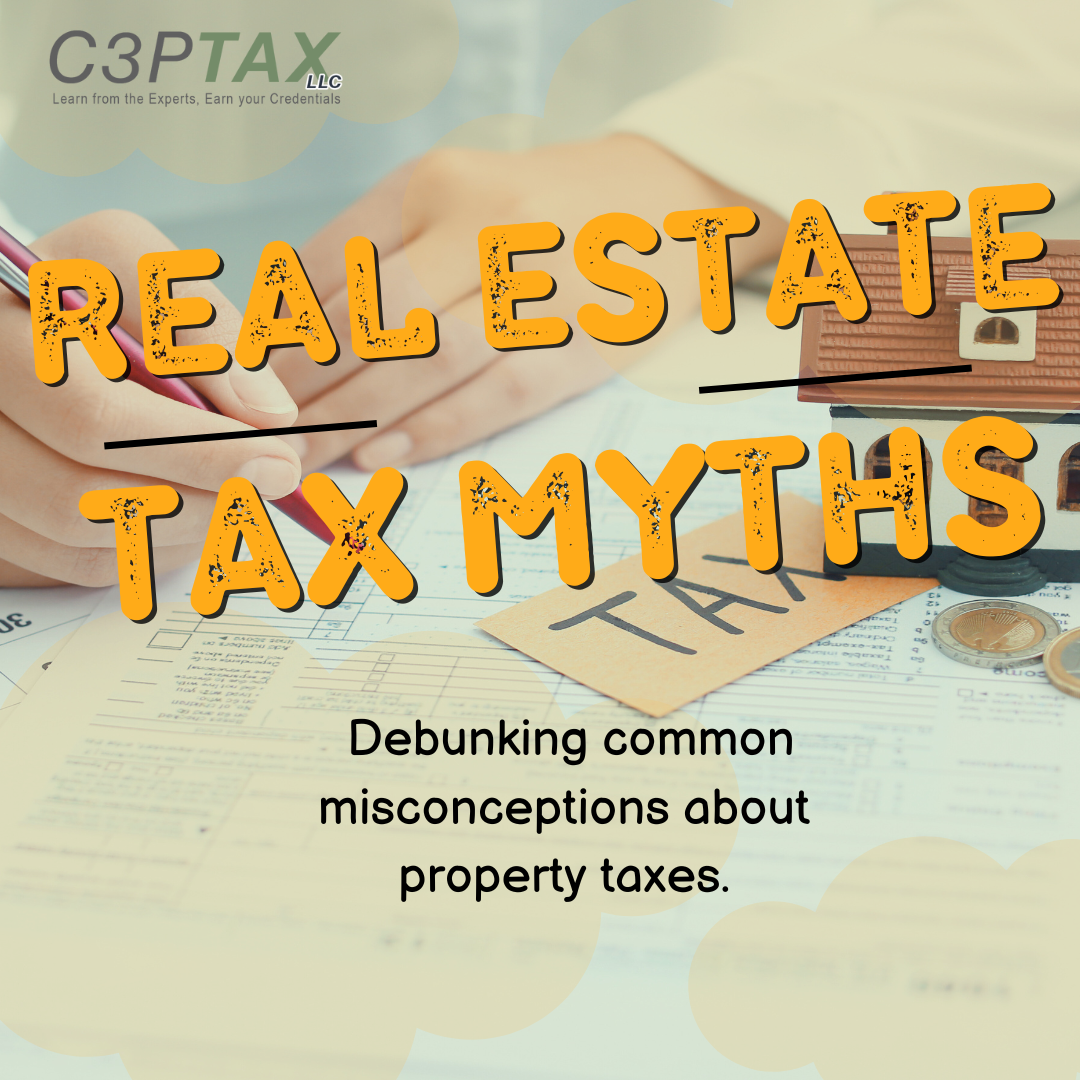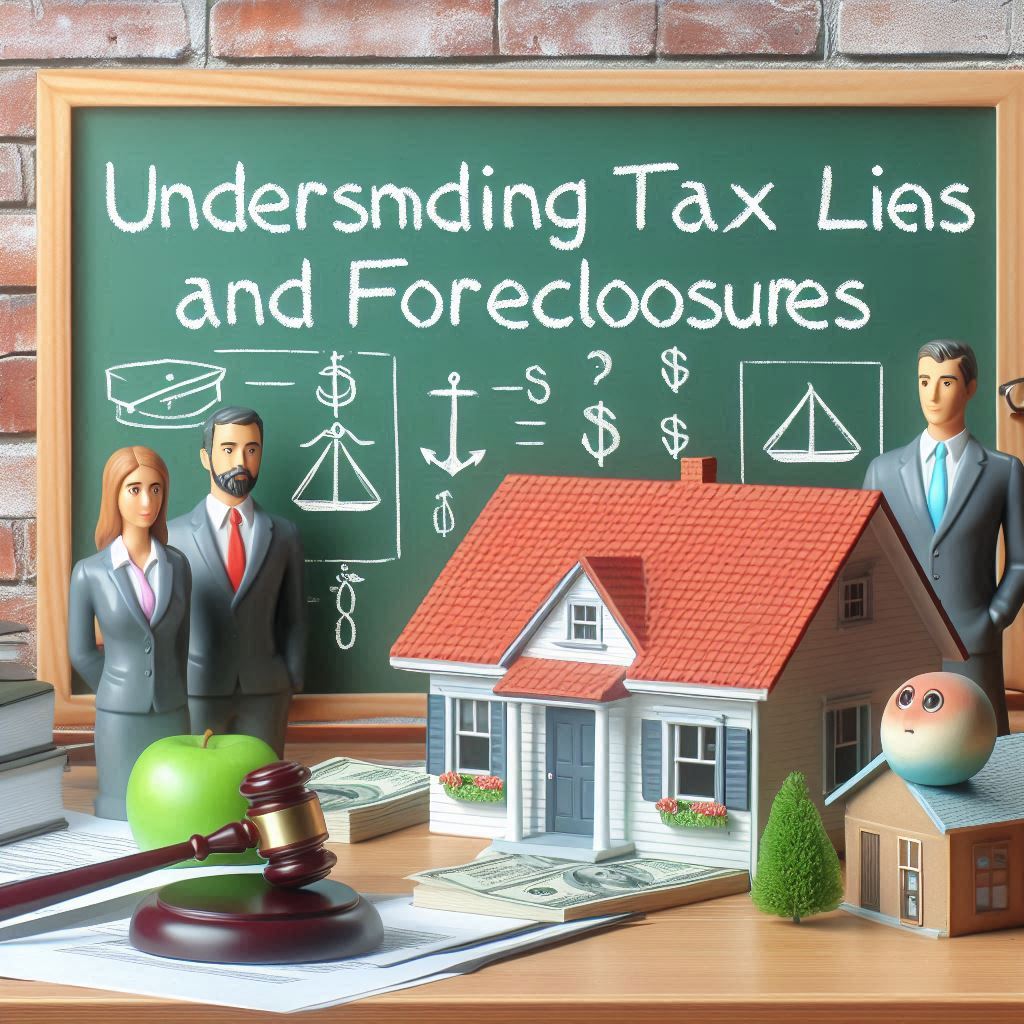

Introduction to Property Taxes
Property taxes are a fundamental component of real estate economics and local government finance systems. These taxes are typically calculated based on the assessed value of land and its improvements, such as buildings. The primary purpose of property taxes is to generate revenue for local governments, which in turn supports essential public services such as education, public safety, and infrastructure maintenance.
The process of assessing real property values for taxation involves multiple steps, including property inspections, market analysis, and adjustments for recent sales data. Assessor offices calculate the taxable value, which serves as the foundation for determining individual tax obligations. The rate at which properties are taxed—commonly referred to as the millage rate—varies by jurisdiction and is subject to periodic adjustments to address changing budgetary needs.
Understanding property taxes is crucial for homeowners, investors, and real estate professionals alike. These taxes not only influence the overall cost of owning property but also play a significant role in shaping community services and infrastructure. The funds collected from property taxes drive public investments in schools, roads, fire departments, and recreational facilities, all of which contribute to the quality of life within a community.
Despite their importance, property taxes are often surrounded by misconceptions and myths, which can lead to confusion and misguided financial decisions. For example, some people believe that rising property values always result in higher property taxes, while others think they can avoid property taxes altogether by purchasing property in certain areas. By addressing these common myths, property owners and prospective buyers can make more informed decisions and better understand the financial implications of real estate transactions.
Myth 1: Property Taxes Are the Same Everywhere
One common misconception in the realm of real estate taxes is the belief that property tax rates are consistent across all regions. In reality, property taxes can vary widely based on a multitude of factors including local government policies, state regulations, and even disparities within the same county or city. These differences underscore the importance of understanding the specific taxation environment of the area where you own or plan to purchase property.
For instance, property taxes are influenced primarily by local government budgets and the specific needs of the community. Local officials, who are tasked with funding public services such as schools, infrastructure, and emergency services, set tax rates to meet these budgetary requirements. As a result, a city with a high demand for public services might impose higher property taxes than a neighboring town with fewer needs.
State policies can also significantly affect property tax rates. For example, some states provide tax relief measures or exemptions for certain types of property owners, such as senior citizens or veterans, which can alter the overall tax rate for others in the community. Additionally, the manner in which states fund public education can lead to varied tax rates. In some areas, a larger portion of school funding comes from property taxes, leading to higher rates, while other states might allocate state funds to mitigate local tax burdens.
Even within a single city, property tax rates can differ significantly from one neighborhood to another. This variance can be attributed to factors such as assessed property values, local improvement costs, and specific community needs. For example, a developing neighborhood that requires substantial infrastructure improvements might experience higher tax rates compared to an established area that needs fewer updates.
These examples illustrate that property taxes are anything but uniform, and understanding the dynamics behind local, state, and community taxation policies is essential for current and prospective property owners. Recognizing these variables can help mitigate confusion and ensure accurate financial planning regarding property ownership costs.
Myth 2: Property Taxes Never Change
The myth that property taxes remain constant once set is a common misconception. In reality, property taxes are subject to fluctuations influenced by a variety of factors. One of the most significant factors is the re-assessment of property values. Local government authorities periodically re-assess properties to reflect their current market value. If your property’s assessed value increases due to market trends or improvements, your property tax liability may also rise.
Another factor that can impact property taxes is changes in local tax rates. Municipalities and other local taxing authorities may adjust tax rates annually based on budgetary needs, infrastructure projects, or changes in public service requirements. These adjustments are often due to the need for additional revenue to fund public services such as education, emergency services, and road maintenance.
Property tax changes can also stem from physical changes or improvements made to the property itself. For instance, adding a new room, constructing additional facilities, or significant renovations can enhance the property’s value, leading to higher assessments and, consequently, higher property taxes. Conversely, property damage or market devaluations might result in a reassessment that reduces tax liabilities.
The processes that lead to these fluctuations are often systematic and regulated to ensure fairness and transparency. Local assessors typically conduct property value reassessments on a cyclical basis, ensuring that property values are up-to-date. In many jurisdictions, property owners have the right to appeal their assessment if they believe it does not accurately reflect the market value of their property.
In essence, property taxes are dynamic and responsive to both market conditions and changes in public policy. Understanding this can help property owners better anticipate their tax responsibilities and plan accordingly.
Myth 3: Property Taxes Only Fund Schools
A prevalent misconception is that property taxes are solely dedicated to funding local school systems. While it is true that a significant portion of property tax revenue often supports public education, this is not their only application. Property taxes play a crucial role in financing a wide array of community services and infrastructure, ensuring holistic development and well-being within municipalities.
Emergency services stand as a primary beneficiary of property tax revenue. These funds support local police and fire departments, ensuring that they can provide timely and effective responses to crises. Additionally, emergency medical services rely on these funds to maintain readiness and operational efficiency, which is paramount for community safety.
Parks and recreation facilities also depend heavily on property taxes for their maintenance and development. Public parks, community centers, and recreational programs enrich the quality of life by offering spaces for leisure and physical activities. These facilities are essential for fostering community engagement and promoting healthy lifestyles.
General government operations are another critical area funded by property taxes. This encompasses a spectrum of services, including public health departments, public works, and the local government administration. Vital infrastructure projects such as road maintenance, snow removal, and public transportation networks are sustained through these funds, ensuring the smooth functioning of day-to-day activities within the community.
To provide a clearer picture, a typical breakdown of budget allocations might show that around 40-60% is directed towards education. Emergency services and public safety might absorb about 25-35%, while parks, recreation, and community services take up approximately 10-15%. The remainder is usually earmarked for general government operations and infrastructure maintenance.
Therefore, it is evident that property taxes are a versatile source of revenue, underpinning numerous essential services that collectively enhance the livability and sustainability of a community. Understanding the broad allocation of property taxes underscores their indispensability in supporting multifaceted municipal operations beyond just educational funding.
Myth 4: Seniors Are Exempt from Property Taxes
One common misconception is that senior citizens are universally exempt from paying property taxes. In reality, while many regions offer specific programs aimed at providing tax relief to seniors, a complete exemption is relatively rare. These programs vary significantly by location, and understanding the specific criteria and benefits available in one’s area is essential for any senior looking to reduce their property tax burden.
Many states and local governments offer homestead exemptions for seniors. These exemptions can reduce the assessed value of a property, thereby lowering the property tax owed. For example, some regions might offer a flat dollar amount off the property’s assessed value, while others provide a percentage reduction. Eligibility for these exemptions often depends on factors such as age, income, and the length of time the senior has owned and occupied the property.
In addition to homestead exemptions, there are other property tax relief programs tailored for seniors. These may include tax deferral programs, where qualifying seniors can defer paying their property taxes until the property is sold or passed on to heirs. Likewise, circuit breaker programs, which offer tax credits to low-income seniors, can substantially reduce the overall tax liability.
To seek out the most appropriate forms of relief, seniors should start by contacting their local tax assessor’s office to inquire about available exemptions and relief programs. Thoroughly reviewing eligibility criteria and understanding the application process is crucial. Seniors might also benefit from consulting a tax advisor or attorney specializing in property taxes to maximize their potential savings.
By leveraging these programs effectively, seniors can alleviate some of the financial burdens associated with property taxes, allowing them to comfortably age in place without the undue stress of high property tax bills.
Myth 5: Paying Off Your Mortgage Eliminates Property Taxes
One common misconception in the realm of property ownership is the belief that paying off your mortgage means you no longer have to deal with property taxes. This is far from the truth. Property taxes are levied by local government entities to fund essential public services such as schools, police, and infrastructure. These obligations do not disappear once your mortgage is fully paid off.
Unlike mortgage payments, which are tied to the loan you took to purchase your property, property taxes are a separate and ongoing responsibility that comes with owning real estate. Mortgage lenders often collect property taxes as part of the monthly mortgage payment and then pay them on your behalf through an escrow account. When the mortgage is paid off, this arrangement ceases, but the property tax obligation remains.
Once your property is free of the mortgage, you will be required to manage your property tax payments independently. This can be done by paying directly to your local tax authority, typically on a quarterly or annual basis, depending on local regulations. It’s essential to stay proactive about these payments to avoid penalties, interest charges, or even potential liens on your property.
Furthermore, property taxes are based on the assessed value of your property and not on your mortgage status. As the value of your property changes, so too will the amount you owe in taxes. Various factors, such as market conditions and improvements made to the property, can influence its assessed value. Consequently, keeping abreast of these valuations and planning accordingly is crucial for property owners to manage their real estate tax responsibilities effectively.
In summary, while paying off your mortgage is a significant financial achievement, it does not exempt you from the ongoing obligation of property taxes. Staying informed and vigilant about your property tax duties will ensure compliance and prevent any unexpected financial burdens.
Myth 6: Property Tax Assessments Are Final and Non-Negotiable
One common misconception about real estate property taxes is that property tax assessments are final and non-negotiable. This myth can lead homeowners to believe they have no recourse if they feel their property tax bill is unfairly high. However, this is far from the truth. Homeowners do have the right to appeal property tax assessments, and understanding the process can potentially result in reduced property taxes.
Property tax assessments are typically based on the market value of a property and are conducted by local government tax assessors. These assessors calculate the property’s value based on various factors, such as recent sales of comparable properties and the overall condition of the home. It’s important to remember that assessors are not infallible and errors can occur, leading to an unjustifiably high assessment.
Homeowners who believe their property tax assessment is incorrect can request a reassessment. The justification for such a request may include evidence of factual errors, such as incorrect square footage, or proof that similar properties in the area are valued lower. Additionally, homeowners might present documentation of recent improvements or upgrades that were overvalued compared to similar projects in neighboring properties.
The process of challenging a property tax assessment generally begins with an informal review by contacting the local assessor’s office. During this initial stage, presenting clear, well-documented evidence is crucial. If the informal review does not result in satisfactory adjustments, homeowners can proceed to a formal appeal. This involves filing an appeal with the local board of review or a similar entity, possibly including a hearing where evidence can be presented before an impartial panel.
It’s advisable for homeowners to be thoroughly prepared, as different jurisdictions may have specific requirements and deadlines for filing an appeal. Seeking professional advice from appraisers or property tax consultants can also be beneficial in navigating the property tax appeal process successfully. Challenging an assessment can indeed lead to lower property taxes, proving that these assessments are not as final or non-negotiable as some might think.
Conclusion: Staying Informed About Property Taxes
Understanding property taxes is essential for homeowners and prospective buyers alike. Throughout this blog post, we have debunked several common misconceptions that often surround real estate taxes. By addressing myths such as property taxes decreasing after home values drop, exemptions being universally available, and improvement projects not affecting tax rates, we’ve highlighted the importance of accurate knowledge when navigating financial obligations.
Staying informed about your property taxes can greatly impact your financial planning and decision-making. Regularly reviewing your tax statements and understanding how your property is assessed are crucial steps in ensuring you’re not blindsided by unexpected costs. This vigilance can help you identify any discrepancies or errors in your tax assessment, allowing you to address them promptly.
Additionally, seeking professional advice from tax advisors or real estate professionals can provide valuable guidance tailored to your specific situation. These experts can clarify any doubts and help you understand the nuances of your property tax obligations, ensuring that you comply with local regulations and take advantage of any applicable exemptions or reliefs.
Finally, educating yourself about your property tax responsibilities helps you maintain financial preparedness and avoid common pitfalls. This proactive approach not only protects you from undue financial strain but also empowers you to make informed decisions about property investments and homeownership.
In a rapidly changing real estate market, staying informed about property taxes is more important than ever. By debunking myths and seeking accurate information, you can confidently manage your property-related finances and ensure a secure, well-informed future.
 Français
Français 














